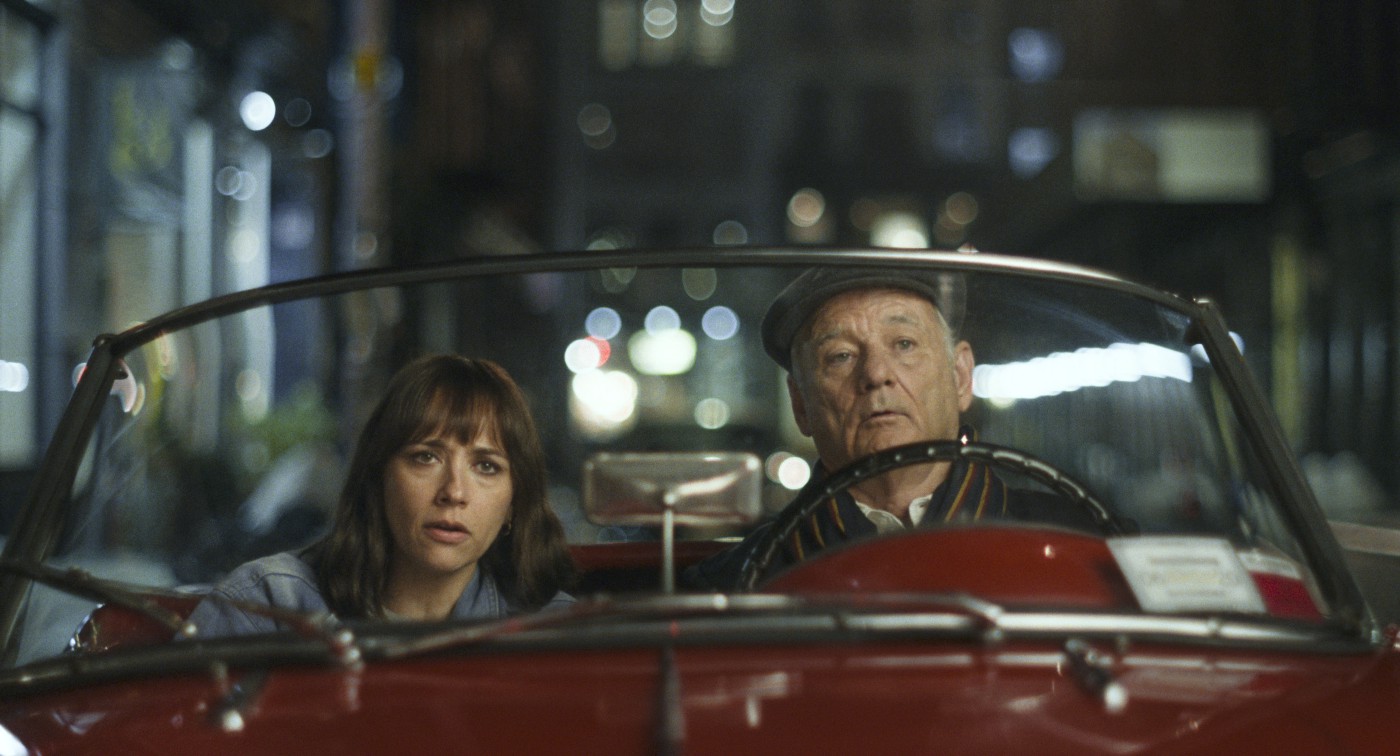Kill Bill Volume 2 Review: A Worthy Sequel With Hidden Depths
I highly recommend Kill Bill: Volume 2. In classic Tarantino fashion, specific sections of the film are a tad too long, but overall, it’s a wonderful piece of escapist fiction.
Though well-photographed, writer-director Sofia Coppola’s latest film On the Rocks carries itself disjointedly. Rashida Jones’s leading performance as Laura is skillful and controlled as a hard-working sexless mother of two who suspects her husband Dean (Marlon Wayans) of infidelity. Laura drops the kids off from school, works at home, and then picks up the kids from school. She makes dinner, she cleans up, and she puts the kids to sleep, while her husband Dean is allowed the time and space to advance in his career and go on business trips. This story feels cliché, but realistic, and Rashida Jones performs expertly in her character’s uncertainty, depression, and lost sense of self.
Laura, Dean, and their two kids are a liberal family of color who support Stacey Abrams and Bernie Sanders (as evidenced by the stickers on their apartment door), and it is good to see such character traits be addressed not through shoe-horned dialogue or unnecessary exposition, but by set-dressing. This approach to character building feels organic and gets such information across without sacrificing runtime. Sofia Coppola has always been smart about this in her character-inspired art direction (in 2006’s Marie Antoinette an audience member could read more about its leading lady from the set décor of candy, cupcakes, and pink, frilly garments thrown about her estate, than from the dialogue).
The film introduces Bill Murray’s character Felix, who is Laura’s father. Bill Murray is a genuine delight, though Felix’s main trait is that he is just so relentlessly charming that he can talk himself out of a speeding ticket, which is something that could definitely only happen to this one white character. As Felix and Laura reconnect and hop from one expensive restaurant to another in Felix’s vintage car (when he isn’t being driven around by his chauffer), the film eventually feels like a prolonged Comedians in Cars Getting Coffee episode. Some lovely, tender magic really does take place in these scenes between Felix and Laura. The father-daughter dynamic is the heart and soul of the piece, but the screenplay keeps insisting on asking bigger questions like, “Can men be monogamous?” without any follow-up.

As the film gets into its second half, the father-daughter magic fizzles out and the plot seems to get bored with itself. The story moves locations and there seems to be a conflict, but then there isn’t. There are character dynamics that are unchanged, and a story that just kind of resolves itself. All the themes of parenting, marriage, and monogamy become irrelevant.
Sofia Coppola has made a fine career as both screenwriter and director with works that explore the complexities of marriage (Lost in Translation), as well as giving agency to young women (Marie Antoinette, The Virgin Suicides). Coppola’s work, however, has been almost entirely white, and it is refreshing that she has embraced a narrative that could belong to any type of woman, of any type of family, whether that family is mixed-race or not. As a screenplay, however, On the Rocks feels unsure about its own direction and themes. The film does not add anything to its own conversation or genre, and falls flat once it’s about to end and must declare some sort of conclusion.
On the Rocks is available to stream on AppleTV+.

Movie review originally published by Matthew Dorado on January 21, 2021.